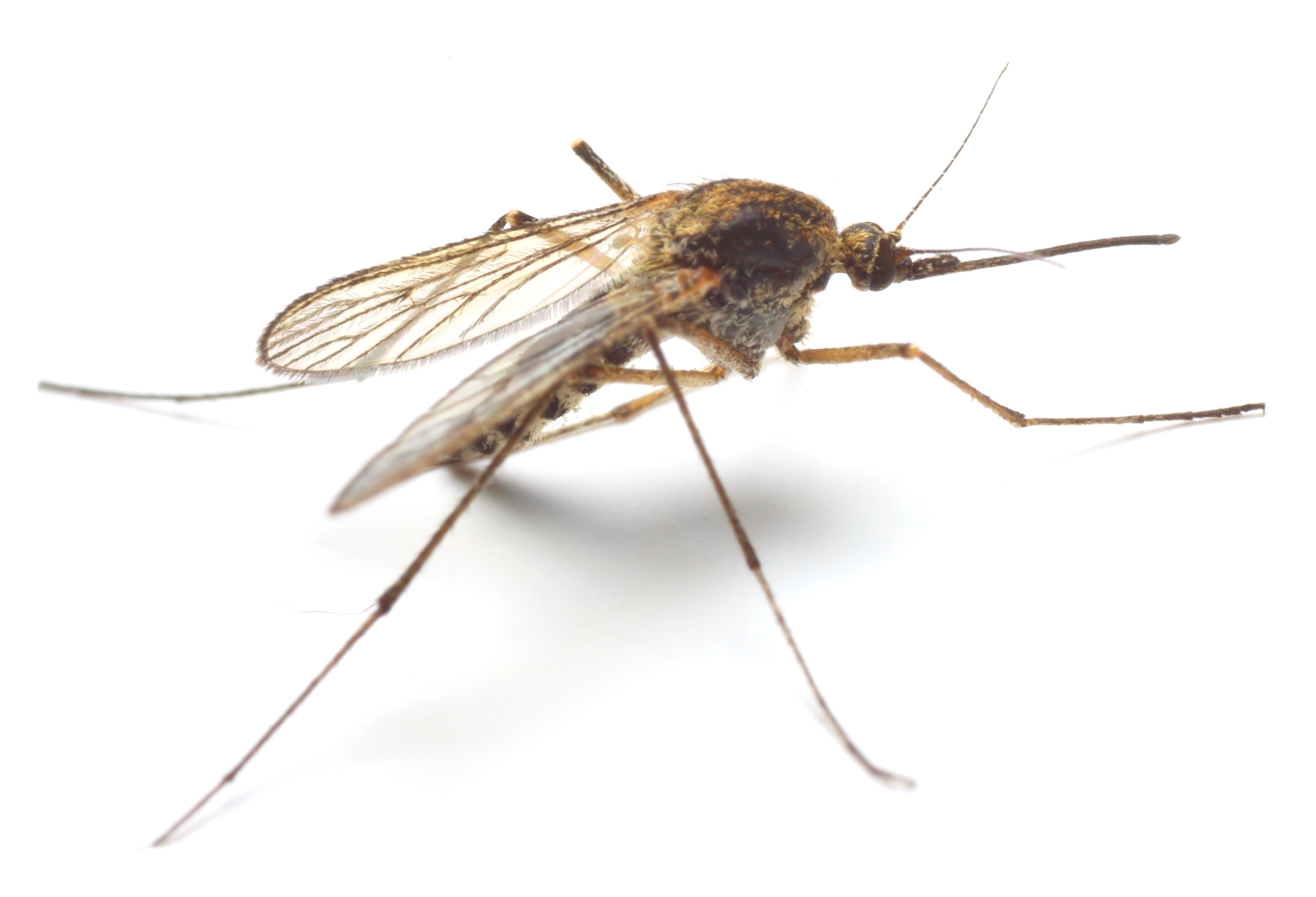An ounce of prevention is worth a pound of cure. ~Benjamin Franklin
Most commonly diagnosed in dogs, heartworm infection can be fatal. It all begins with a tiny mosquito taking a blood meal from an infected animal. The mosquito then bites your pet, depositing “baby heartworms” (microfilaria) into the bloodstream. It takes roughly six months for microfilaria to mature into adult heartworms and overrun the heart. By that stage, it is too late for any conventional heartworm preventative to work effectively; the adult heartworms already occupy the heart, clogging up the blood flow.
 Fear not! The good news is…Heartworm Disease is completely preventable. The use of Heartgard or Interceptor every 30 days is designed to effectively kill microfilaria in their infancy before they can grow. These “preventatives” actually work backward, meaning they kill any “baby heartworms” picked up in the past 30 days. They do not protect your pet from future infection after the tablet has been given; that is a common misconception. Heartworm preventative only stays in the body for 12-48 hours and then it is gone until the next time you administer a dose. This is another reason to keep your pet on year-round heartworm medication. Dogs that miss preventative doses during the year, or take seasonal preventative only, should be tested for heartworm infection prior to resuming Heartgard or Interceptor. Dogs that take preventative yearlong still need to be tested for heartworm every other year.
Fear not! The good news is…Heartworm Disease is completely preventable. The use of Heartgard or Interceptor every 30 days is designed to effectively kill microfilaria in their infancy before they can grow. These “preventatives” actually work backward, meaning they kill any “baby heartworms” picked up in the past 30 days. They do not protect your pet from future infection after the tablet has been given; that is a common misconception. Heartworm preventative only stays in the body for 12-48 hours and then it is gone until the next time you administer a dose. This is another reason to keep your pet on year-round heartworm medication. Dogs that miss preventative doses during the year, or take seasonal preventative only, should be tested for heartworm infection prior to resuming Heartgard or Interceptor. Dogs that take preventative yearlong still need to be tested for heartworm every other year.
Once the infection progresses to the adult stage, the only treatment is very painful arsenic-based injections into the spine that will cost upwards of $2,000. Because it is part of the arsenic family, the treatment for adult heartworm infection can be fatal. When the adult worms die off, they break apart into the bloodstream, acting like clots. If they die off too quickly or complications occur, the pet will die. Treatment is not given to pets that do not qualify for the injections due to health, age, or advanced progression of the infection. If left untreated, the dog will die either from the infection itself or problems that arise because of the infection.
Dogs adopted from southern states should always be retested for heartworm approximately 6-9 months after their transition to Wisconsin, regardless of any prior testing. With varying climate changes, the infection can take up to nine months to make itself known.
Cats are also susceptible to heartworm infection, even if they never go outside. However, they are not natural hosts and do not usually get infected. The testing available for cats is not very accurate. There is no treatment for adult heartworm infection in cats.
